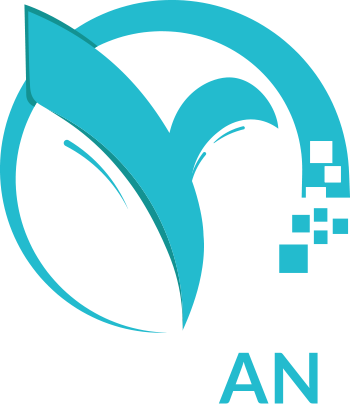SINGAPORE– In June 2020, Tychan began its Phase 1 clinical safety trials in humans to evaluate TY027, a monoclonal antibody (mAb) that specifically targets SARS-CoV-2, the virus that causes COVID-19. In October 2020, approval from Health Sciences Authority of Singapore (HSA) was obtained for the Phase 3 clinical trial to begin as part of the progression of the antibody development. The trial will start in Singapore at partner hospitals Singapore General Hospital and National University Hospital, with Changi General Hospital and Sengkang General Hospital as referral sites.
TY027 is being explored for treatment of patients with COVID-19 to slow the progression of the disease and accelerate recovery, as well as potentially providing temporary protection against infection from SARS-CoV-2.
Results of Phase 1 clinical trials showed no serious adverse events with infusion of TY027 in healthy volunteers, and researchers evaluated up to the 30 mg/kg dose. Studies supporting the new drug application, including chemistry, manufacturing, and control, and the Phase 1 trials were completed thoroughly and safely.
The Phase 3 clinical trial is the final phase of trials for TY027 and will involve 1,305 volunteer COVID-19-positive patients from partner hospitals. If the antibody is proven efficacious in this trial, it will be submitted for review by HSA and other regulatory agencies as a new drug.
As there is low incidence of COVID-19 in Singapore, the Phase 3 clinical trial for TY027 will also take place in partner hospitals overseas, such as Sheba Medical Centre in Israel. With the support of Singapore’s Whole-of-Government collaboration in developing a COVID-19 antibody, Tychan is also exploring collaborations with medical facilities in other countries to conduct the trial.
Tychan developed TY027 in partnership with the Ministry of Defence, Ministry of Health, the Economic Development Board and other government agencies as part of a Whole-of-Government collaborative effort. Studies for the development of TY027 for COVID-19 was completed in less than four months, which is an improvement from Tychan’s successful mAb efforts with Yellow Fever, which took seven months from design to first-in-human infusion, and Zika, which took nine months. Such developments typically take 12 to 18 months. These systematic improvement validates the significant progress of the development of Tychan’s rapid-response platform, made possible by the breakthrough thinking and innovation of its founders Professor Ram Sasisekharan and Professor Ooi Eng Eong, along with their team.
“As COVID-19 continues to spread throughout the world, we have been working to provide a potential solution in rapid time as we have seen not only health, but economic and social miseries, that the COVID-19 pandemic has led to,” said Professor Sasisekharan. “We hope that the TY027 will soon be a valuable option for patients impacted by this devastating disease.”
This accelerated timeline is made possible through the use of Tychan’s proprietary technology and Rapid Response platform developed by Professor Sasisekharan and Professor Ooi. The platform was also used for the development of the company’s novel mAB, TY014, in Yellow Fever, recently published in the New England Journal of Medicine as well as the development of Tyzivumab for the treatment of Zika.
“Because Singapore has been successful in containing COVID-19, there has been very low incidence of the disease. As such, we are looking into collaborations with other countries to conduct the trial. We are pleased that the Phase 3 clinical trial can now start in partnership with Sheba Medical Centre, while we continue to explore collaborations with other medical facilities in countries where COVID-19 incidence remains high. We are hopeful that TY027 will pass the Phase 3 clinical trial and be deployed as soon as possible to mitigate the adverse impact brought by COVID-19,” said Professor Ooi.
“We take comfort that our development process for the TY027 is fast and can indeed be a Rapid Response platform against infectious diseases in the future,” added Mr Teo Ming Kian, Chairman of the Board, Tychan. “Tychan’s Rapid Response platform aims to shorten the timeline for the development of TY027 going forward. We will also continue to work with our international partners to provide for the large scale needs to address the ravages of COVID-19 and other emerging infectious diseases.”
Tychan’s endeavour to build a Rapid Response capability against Infectious Disease Outbreaks with its proprietary technology was first supported by Temasek Foundation Ecosperity and Temasek Life Sciences Lab in the quick set-up of its lab and production facilities, without which this accelerated timeline would not be achieved.


